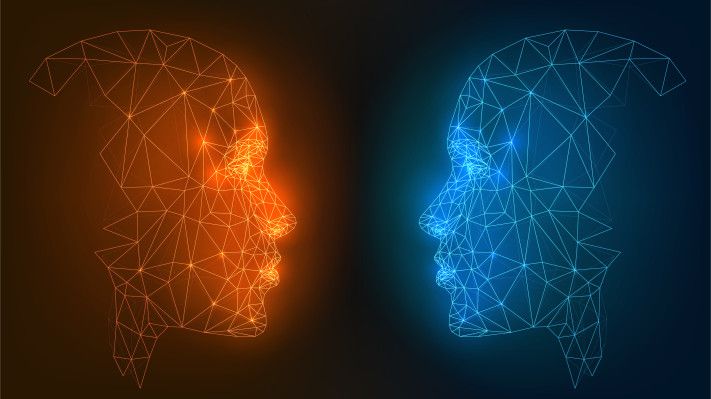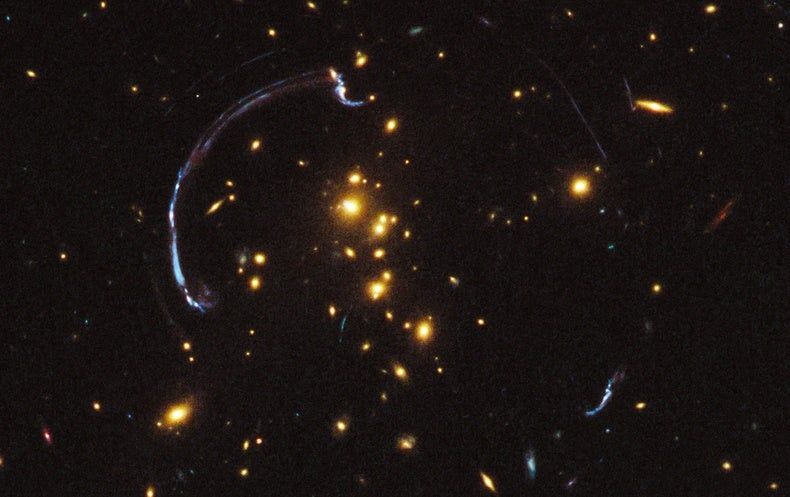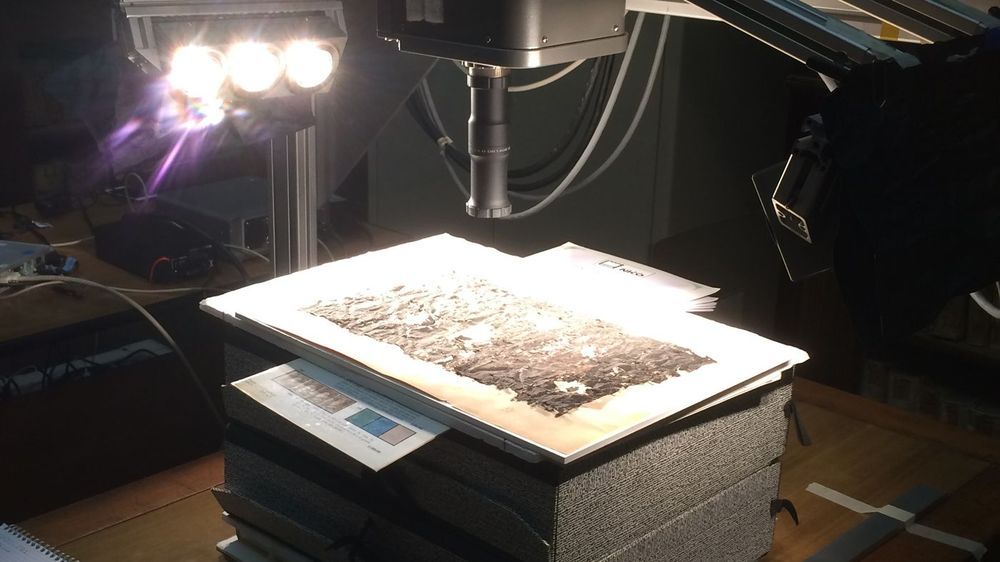Ira Pastor, ideaXme longevity and aging ambassador and founder of Bioquark, interviews Ambassador Juan José Gómez Camacho, Mexico’s current Ambassador to Canada, and for the last 3 years, Mexico’s Permanent Representative of the United Nations in New York City.
Ira Pastor Comments:
Today, we are going to talk about a fascinating series of topics related to global population health, and we will start by citing some staggering data.
The World Health Organization (WHO) estimates that there are around 1 billion migrants in the world today. 258 million of them are international migrants and 763 million are internal migrants, that’s one in seven of the world’s population.
68 million of the world’s internal and international migrants are forcibly displaced. This rapid increase of population movement has important public health implications, and therefore requires an adequate response from the health sector as many refugees and migrants often lack access to health services and financial protection for health.
Additionally, although we are only 20 years into the 21st century, it is a century that has already been marked by many major epidemics. Old diseases, such as cholera, plague and yellow fever, have all made a return, and many new ones have emerged including SARS, pandemic influenza, MERS, Ebola and Zika.







